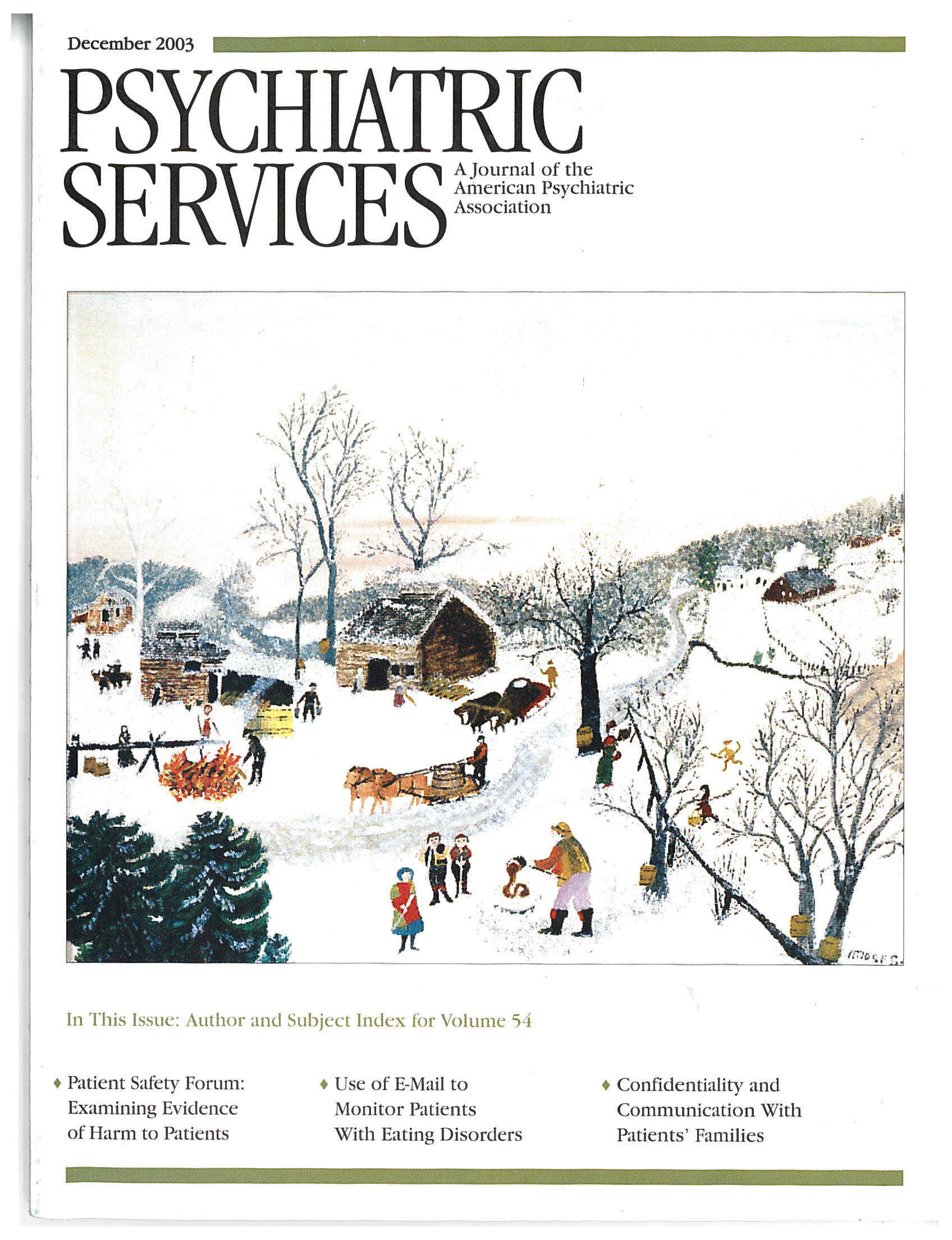Patient Safety Forum: Examining the Evidence
Abstract
Editor's Note: In the May issue of Psychiatric Services Benjamin Grasso, M.D., and his colleagues reported the results of a study showing that psychiatric inpatients are at substantial risk of harm from medication errors. An accompanying Taking Issue piece by Dr. Grasso and David W. Bates, M.D., urged all psychiatrists to learn more about medication errors and to scrutinize methods of error detection in facilities where they work. To encourage attention to medical errors in psychiatry, we asked Dr. Grasso to be guest editor of Patient Safety Forum, a new occasional feature of the journal in which expert discussants address important questions in this area. Contributing to this month's forum are David W. Bates, M.D., chief of the division of general internal medicine at Brigham and Women's Hospital and associate professor of medicine at Harvard Medical School (e-mail, [email protected]); Miles F. Shore, M.D., Bullard professor of psychiatry at Harvard Medical School and visiting scholar at the Kennedy School of Government (e-mail, [email protected]); Rosemary Gibson, author of Wall of Silence (Lifeline Press, 2003), a book of narratives on patients' and providers' experience with medical errors that describes ways to enhance patient safety (e-mail, [email protected]); and Charles Bosk, Ph.D., author of Forgive and Remember: Managing Medical Failure (University of Chicago Press, 2003), member of the School of Social Sciences at the Institute for Advanced Studies in Princeton, New Jersey, and professor of sociology and medical ethics at the University of Pennsylvania (e-mail, [email protected]). Dr. Grasso, who is affiliated with the Institute for Self-Directed Care in Portland, Maine, invites readers to contribute questions for discussion (e-mail, [email protected]).



